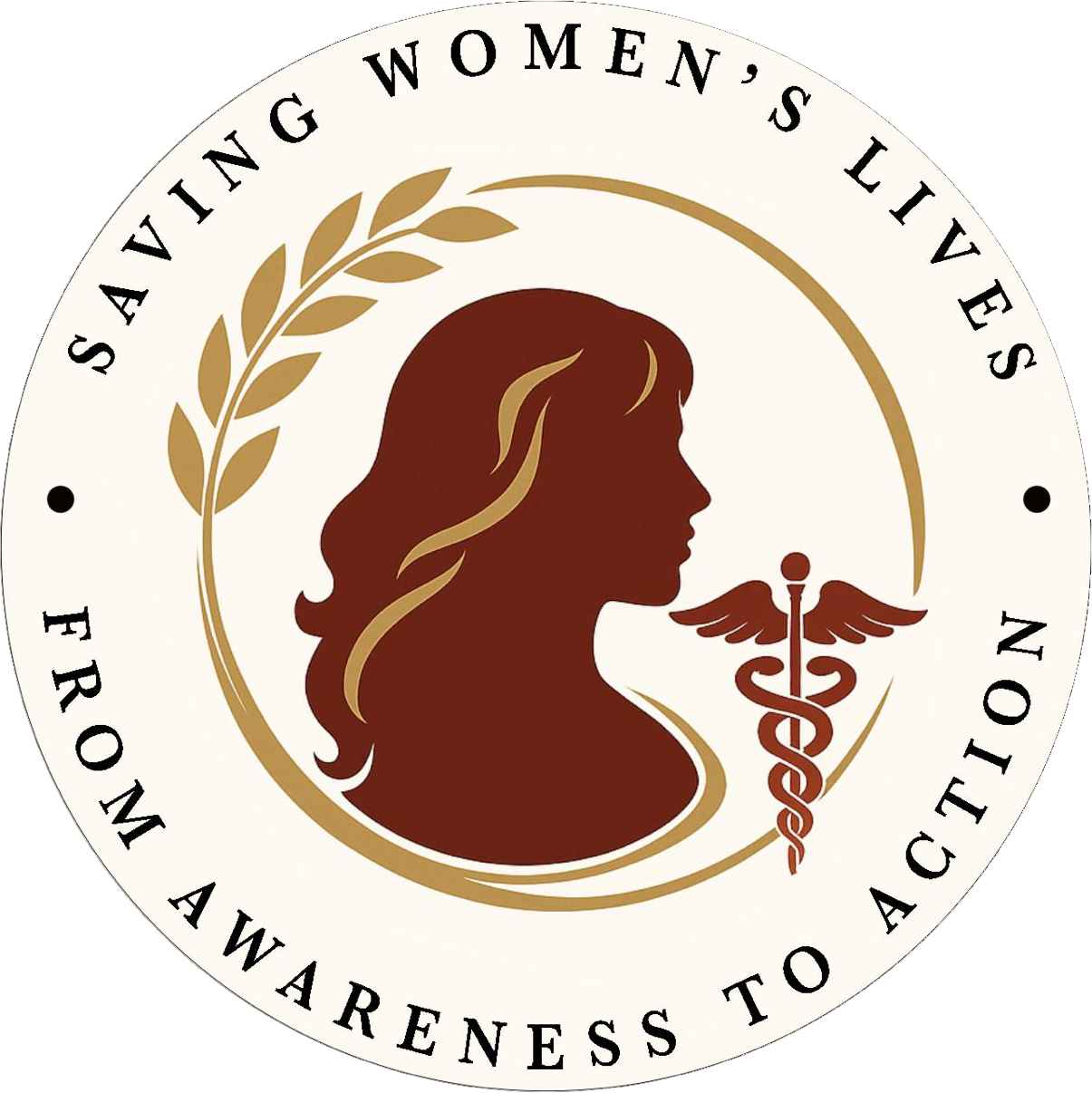Q.
1. My doctor has told me that I have a condition called PCOS. What is the meaning of PCOS?
This is an abbreviation for the term “Poly Cystic Ovarian Syndrome” which is a collection of complaints such as irregular, prolonged menstrual cycles, abnormal hair growth in unwanted areas, obesity and occasionally hyper-pigmentation in areas such as back of the neck. It occurs due to a hormonal imbalance secondary to a genetic predisposition, environmentally modified.
Q.
2. My ultrasound shows cysts in my ovaries. I am terrified. What to do?
There is nothing to be terrified dear. First of all, it does not need an operation. One in five women of your age would have similar cysts in the ovaries if all were to undergo an ultrasound. Only seeing a cystic ovary on ultrasound does not mean that you have a serious disorder. More would depend on whether your cycles are irregular, you have excess hair growth on your body and if you were overweight. With this combination you may be suffering from the polycystic ovary syndrome. Even if this condition is diagnosed you can be treated with appropriate medicines and surgical management is rarely indicated for young girls.
Q.
3. I am 21yrs old and am having irregular periods for many years. Is it okay?
Whether it is okay would really depend on how irregular the periods actually are. A few days here and there could be fine, but if menses come once in 2 – 3 months then you definitely need evaluation. You may be overweight or more often an underlying hormonal problem could be responsible which needs to be investigated and treated.
Q.
4. I have excess hair growth over my face. How can I get it off?
The beauty salons usually use techniques of bleaching, waxing, shaving and electrolysis. If the excess hair growth is associated with a hormonal disorder it should be tackled by medicines. Newer, permanent methods for hair removal such as laser treatments should be opted for only under the supervision of a qualified dermatologist. Rarely, some tumors in the body can give rise to similar features.
Q.
5. I am 18 yrs old and 15 kg overweight. Could I be having PCOS?
Around 30 – 40% of women with PCOS are obese. So just being overweight does not make you a PCOS patient. If you have associated irregular cycles, excess body hair and a multi-cystic picture of the ovary in an ultrasound apart from certain hormonal imbalances, diagnosed by blood tests, the diagnosis is more likely.
Q.
6. I have recently been diagnosed as PCOS, could it affect my fertility?
Due to interference of release of the egg from the ovary in PCOS, some women may take longer to conceive especially if they have irregular cycles. Generally, the chances of needing treatment for having a baby are higher in PCOS women. However effective medical treatment is presently available for this disorder and one of the easiest approaches is to try losing weight if you are overweight.
Q.
7. I have PCOS and am told to reduce weight. Are there medicines to reduce weight?
Metformin is given to tackle the altered carbohydrate metabolism in the body during PCOS. This medicine also helps in regularizing cycles and to some extent in reducing weight. Separate medicines for suppressing appetite and increasing the basal metabolic rate may be prescribed for highly overweight PCOS women. But the truth is at the end of the day there are no shortcuts and diet modification with a regular exercise regime backed by motivation works best.
Q.
8. Is it true that PCOS can have long-term effects later in life?
PCOS if uncontrolled can lead to diabetes, increased cholesterol levels and heart disease later in life. The risks of endometrial cancer and breast cancer are also increased.
Q.
9. Why do girls get PCOS in the first place?
Though extensive research is on, the actual cause of PCOS is not certain. It is generally believed that effects of environmental factors along with a genetic predisposition are probably responsible.
Q.
10. I am 19yrs and have been told that I have PCOS. Can my younger sister be affected too? Can it be prevented by early intervention?
There is a risk of your sister being affected above the general population risk. If overweight, she should be advised to lose weight.
Q.
11. Do the cysts in my ovaries need an operation in PCOS?
Laparoscopic ovarian drilling is an operation done in a select group of PCOS women. It is usually reserved for PCOS women who find it difficult to conceive and only after initial medical treatment has failed.

